Business Lessons Learned From 15+ Years In Competitive Online Gaming
Last Updated: August 6, 2021

When I was in 3rd grade my family picked up and moved from the poor side of town to a better neighborhood on the outskirts. After my first time experiencing how much moving stinks, and losing the family cat (R.I.P Tinkerbell), I came in as a rough and tumble south sider to the north side of town and promptly got in a fistfight with the neighbor at a tackle football game. My parents were furious, and not wanting to make their first act with the neighbors and act of war, were quite insistent upon me going down the street and apologizing.
Faced with the choices of being grounded for life or apologizing, I reluctantly decided to go with the latter and put my best liar’s face on and walked up the street to the neighbor’s house to ring on their doorbell. My neighbor’s mom, and my previous opponent in the tackle football arena, who was already a foot taller than me at the time, albeit all skin and bones, answered. Under a supervised eye, we both said our obligatory apologies. As I turned away and prepared to walk back home and plot further revenge against a now mortal enemy, I heard a surprising sound. “Wanna play some Duke Nuke’em?” he asked. “What’s Duke Nuke’em?” I said. Realizing that I was just a country bumpkin from the poor side of town and a little out of my element, he said “Come on in, I’ll show ya.” Just inside the hall and to the right from the front door was the computer room. “THE COMPUTER ROOM???”, I thought. At the time I’d never even seen a computer. We walked over to an HP computer the size of a linebacker and fired up Duke Nuke’em 3D, loaded into the game and I watched the hero Duke Nuke’em pull out a pistol and mention the now-iconic phrase in a gruff low voice. “It’s time to kick ass and chew bubble gum, and I’m all out of gum”.
On that day began a lifelong friendship with a fellow country bumpkin turned suburbanite, and my love affair with video games.
Gaming Throughout The Years
Gaming today is big business. Popular streamers can make millions of dollars per month streaming the most popular video games on Twitch. One of today’s leading games, League of Legends, drew more viewership to its world finals than the Super Bowl. When I was younger, video games were popular, but largely frowned upon, and a pro career was more likely to end up in poverty than it was prosperity, so I never went full time with it, but I always had the passion. I have played at a high level in games like Halo, World of Warcraft, Apex Legends and throughout most of my life had a band of similarly obsessed people who I came to know through sports leagues that have always liked to win, whether it was on a baseball diamond, or a first-person shooter. Playing for rating in video games is very similar to playing seriously in a sports team, but with one key difference. Your physical stature means nothing. Everyone is playing on an equal playing field, and there is really no one, and no circumstance to blame winning or losing on, but yourself. Almost every popular competitive game these days has a team component, but if you are good enough, it’s quite possible for pretty much any able-bodied person to be the best. You can’t say that about the NBA. What this effectively translates to is that you are in a constant battle with your own mental capacity to stay cool under pressure, stay focused on what’s happening on a macro level, keep awareness of the actions of other players, and execute the tactical fundamentals at a high level in order to win. Those who can do all of these things well, quickly rise among the ranks and go on to get at the very least, bragging rights among friends, and at the best, an extremely lucrative career with all the celebrity that comes with being a professional athlete.
Gaming has been very influential on me as a person and has prepared me in many ways for a career in business. There are so many parallels and battling with the natural instincts of my own mind in order to improve my video gameplay has been a significant contributor to having made it this far, and will undoubtedly play a role in any future successes I may or may not have. So without further ado, and after the longest blog post introduction ever, I present to you Business Lessons Learned From 15+ Years In Competitive Online Gaming.
You Have To Be Aggressive
Playing it safe is a sure path to obsolescence. Why? Because all it takes is one competitor acting aggressively to beat you. Aggression sets the tone and applies pressure to other competitors and pressure is what forces other players to make mistakes. When you’re controlling the pace of the game, and the market, via your aggression, you have an advantage. At a high level of competition, every business in a niche is going to have at least a minimum level of competency of the fundamentals. Your goal with aggression is to make sure that everyone in the market has to extend themselves past comfortable fundamental execution and test the limits of their competency in order to remain competitively relevant. It’s in these moments that the wheat is separated from the chaff. Playing aggressively is difficult. It requires decisive action, effective risk management, and a thorough understanding of opponent weaknesses, and how to exploit them. Playing too aggressive, i.e. making bad bets with your capital, equals death.. for your company. This is a scary thought and often leads entire marketplaces to temper their aggression, fail to innovate, and become ripe for disruption, by an aggressive player.
It’s All About Trading
There’s a concept in many competitive online games called “trading”. You often have a limited amount of resources, such as health, mana, ammo, etc, and have to spend them most effectively in small combat micro-interactions in order to beat your opponent and win the game. The absolute best players across games are extremely efficient at making good trades. A sequence of good trades in micro-interactions over a long time horizon is often enough to wind up overwhelming opponents over time without any significant combat moment. So make good trades! Is this marketing campaign the best use of your resources in the context of market competition? Will spending money on that productivity tool help you gain ground on your competitors, or is it just the cool new thing? Making your micro-decisions with the macro game in mind is a powerful mindset advantage.
Know When To Go All In, And Don’t Hold Back When You Do
In very high-level games where everyone is playing sufficiently aggressive, everyone is making good trades, and teams are evenly matched, a stalemate can arise. It’s in these moments that a bold play is required in the form of an “all in” to break things open. This is probably one of the most difficult skills to master because its very nature is an activity that is executed very rarely and therefore is not something that is practiced regularly. That’s why the power of an all-in is so great. It’s a chance to bring the aggression level up to maximum, and therefore bring the chance of your opponent making a mistake up to maximum, as well as your own. All in’s are a calculated risk that should only be used when there is a significant reward available for proper execution. Many times the reward is survival, but dealing a decisive blow that results in a sustainable advantage is an under-utilized use case. The coronavirus pandemic was an “all in” moment for many businesses.
The next thing I’ve learned about all-ins is that you’ve got to be all in and not mostly in. If you’re going to make the move, you need to be prepared to use all available resources to acquire the reward you seek or fail trying. Taking the calculated risk of an all-in and coming up empty-handed leaves you vulnerable to destruction from other competitors with a full set of resources available.
Don’t Be Afraid To Cheese Over And Over Again
At the very top of a gaming ladder, you’ll generally find people who are generally good at everything but especially good at one thing, and just under the professional level, you’ll find a lot of people who are extremely good at one thing and generally stink at everything else. These people are known as “one tricks”, or OTPs (one true pairing/one trick pony). They have found something they are good at, or a particular mechanic within a game that many players might call “cheese” and they abuse it constantly. Over and over again, without remorse, and often times in new and creative ways that aren’t generally seen by the other players aware of how to use it. If you find a cheese tactic in the business world, don’t be afraid to abuse it over and over again to your advantage. For instance, lots of people know how to use discounts, but maybe you discover that offering a 19% discount specifically somehow converts at a higher rate than any other number. Don’t be afraid to roll out campaigns over and over again and abuse that same mechanic. Milk it until it’s dead.
Search For Different Ways Of Doing Things
In gaming, there is a concept known as the “meta”. It’s basically a way of describing the current state of the game as it relates to changes in the strengths of weapons, items, characters, or a whole host of other variables. Game developers are constantly “buffing” (granting additional power) and “nerfing” (taking power away from) in order to create a balanced playing field for all. This inevitably leads to what’s known as “power creep” or the progression of middle-of-the-road game mechanics slowly getting more powerful due to the landscape of other game mechanics changing around them. You can relate this to business like a constant shift in technological advancement, cultural changes, economic conditions, etc leading to a changing business “meta” and certain companies realizing advantages because of the changing meta as power creep. For instance, in the coronavirus pandemic, you might say restaurants were “nerfed” and became off-meta. You might say companies selling surgical masks and hand sanitizer were “buffed” and became “meta”, while you might say software companies and other technology service providers experienced power creep due to the changing meta.
You know those cheesy one-trick players we just talked about? Inevitably their favorite cheese tactics will get nerfed at some point, and they will have to find a new one, but there’s always a cheese tactic out there. A lot of time the cheese relies on what’s known as “meta-busting” It means doing something radically different and not considered optimal by the broader community, but is effective because it’s so rarely seen by other people that competitors don’t know how to defend against it.
Use this as a lesson in business. So many influencers have done that very thing to catapult themselves to fame over the past decade. Abuse the fact that the broader business community is often constrained by a set of customs and norms, which leaves room to do something radically different than competitors in your market just simply don’t know how to react to, or are unable to because it goes against their cultural constraints. You may not make it to Google status doing this, but you can make a very comfortable business and find a desirable spot on the business ladder.
Final Thoughts
Much like team sports, competitive online gaming has taught me so much about human behavior. As humans, we try and try to be civilized, educated, and professional in a business setting, but we ultimately can’t stop our alligator brains from influencing our decisions from time to time. Humans are combative by nature and there are many parallels between the flow of combat-oriented online games and the digitally driven business world we live in. What parallels have you seen between gaming and business? Let us know in the comments below.


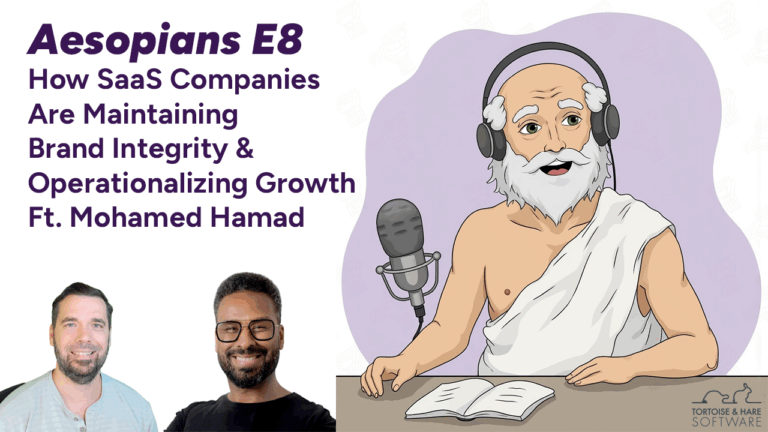
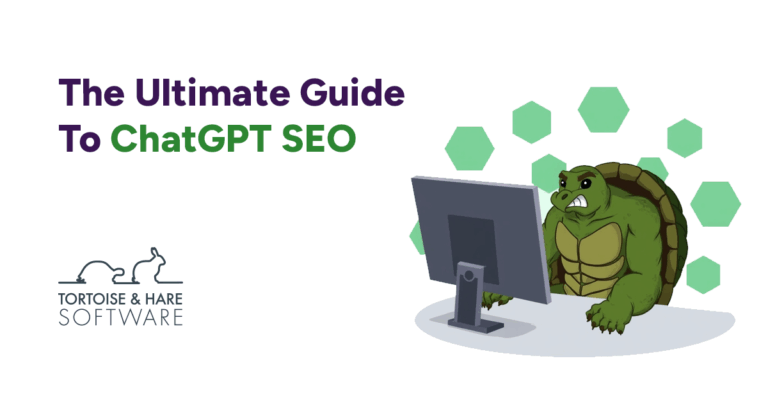



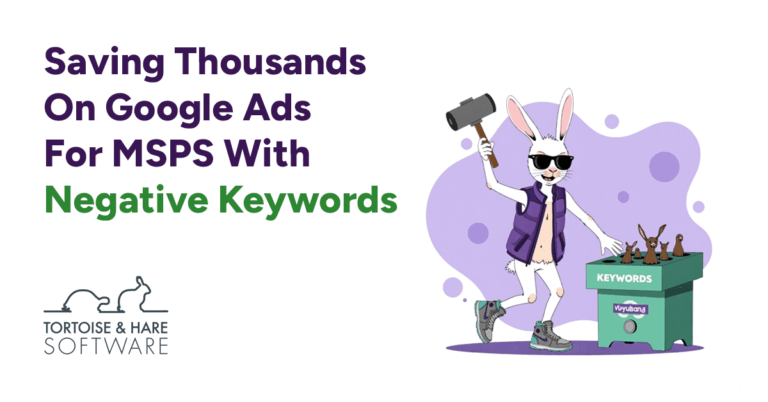

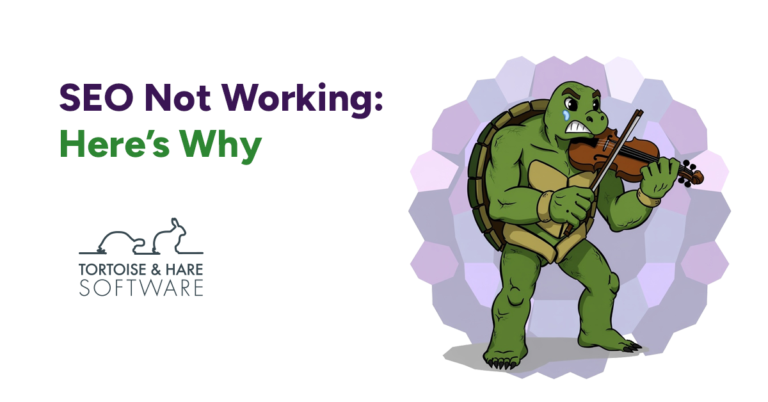
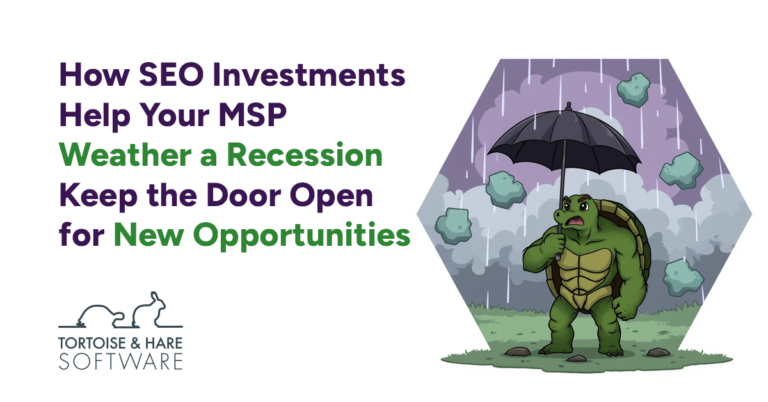


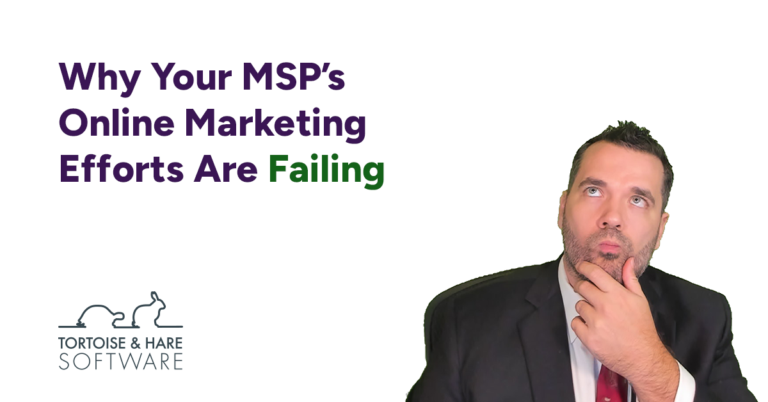


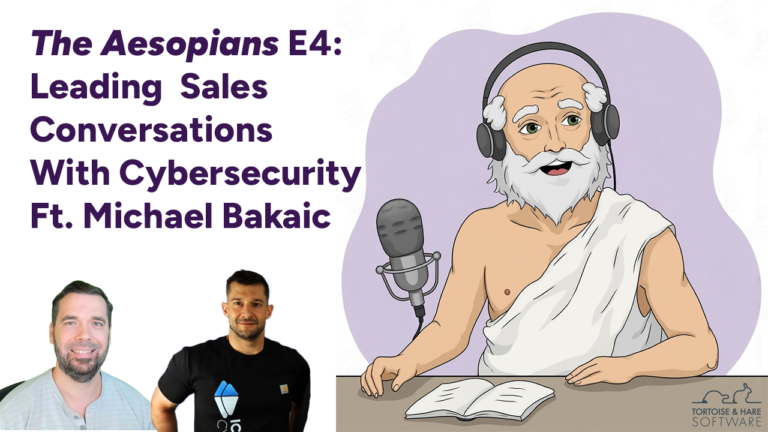












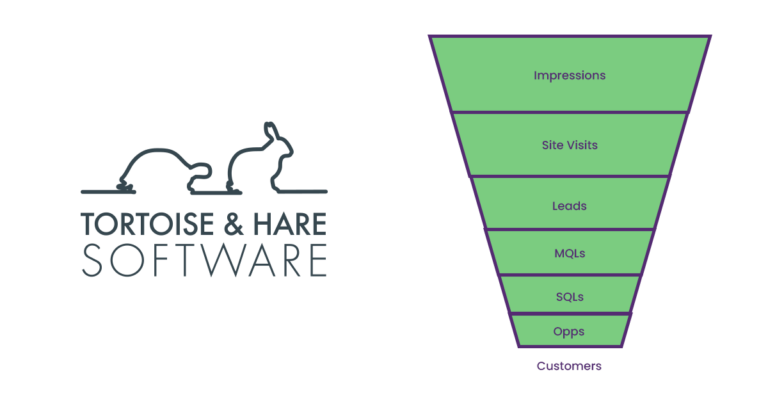


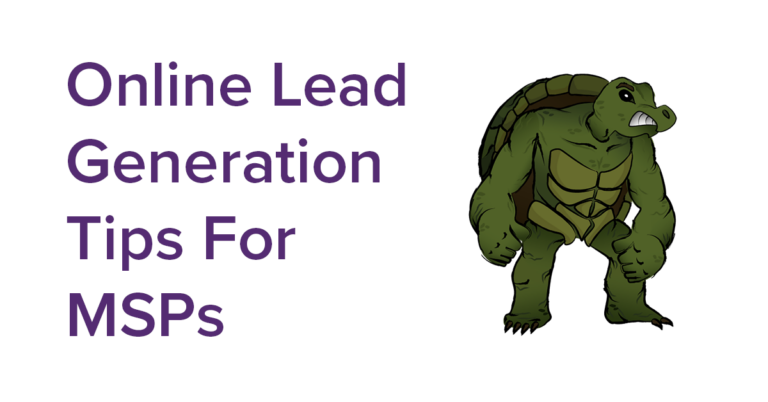

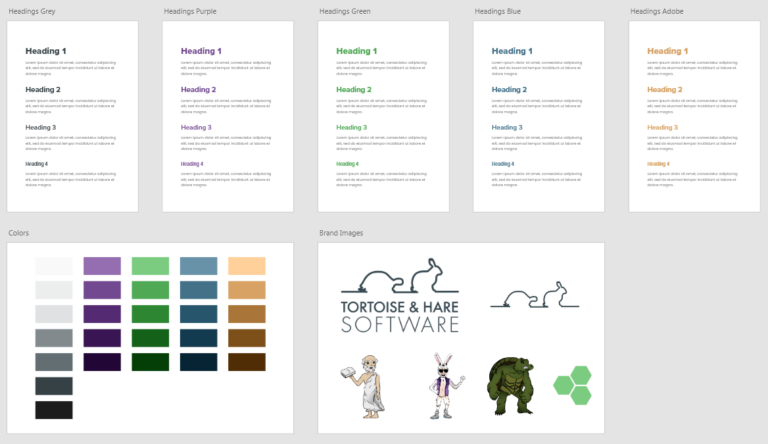


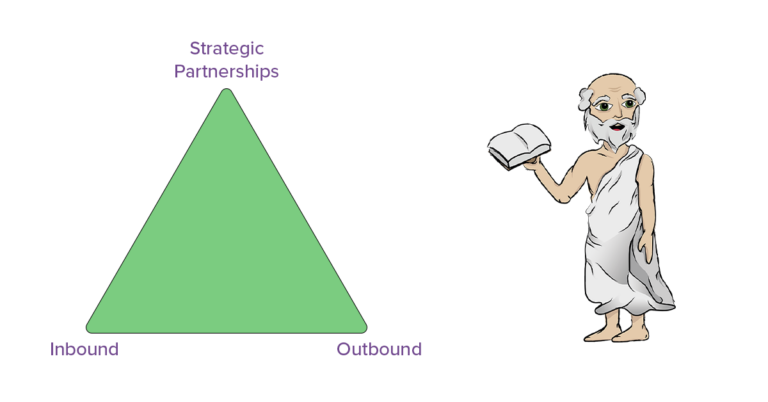






Leave a Comment